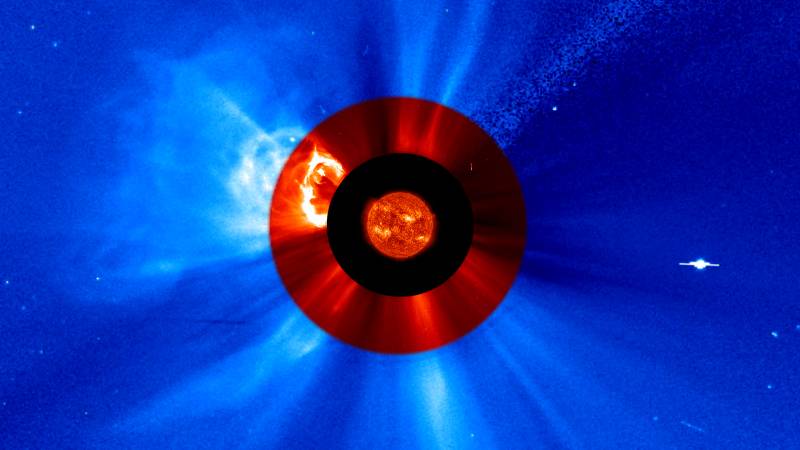NASA has chosen a new instrument, the Joint EUV coronal Diagnostic Investigation (JEDI), to study the Sun and the underlying mechanisms of its activity, the agency announced Tuesday. JEDI will capture images of the Sun in extreme ultraviolet light, a type of light invisible to our eyes but crucial for understanding the Sun’s behavior and its impact on Earth.
A Unique Perspective on Space Weather
JEDI’s two telescopes will be integrated aboard the European Space Agency’s (ESA) Vigil space weather mission, planned for launch in 2031. The instrument will focus on the middle layer of the solar corona, a region of the Sun’s atmosphere that plays a key role in creating the solar wind and solar eruptions that cause space weather.
The Vigil mission will provide around-the-clock space weather data from a unique position at Sun-Earth Lagrange point 5, a gravitationally stable point about 60 degrees behind Earth in its orbit. This vantage point will offer space weather researchers and forecasters a new angle to study the Sun and its eruptions.
Linking Solar Features and Atmospheric Measurements
NASA’s JEDI will be the first instrument to provide a constant view of the Sun from this perspective in extreme ultraviolet light, giving scientists a wealth of new data for research while simultaneously supporting Vigil’s ability to monitor space weather.
“JEDI’s observations will help us link the features we see on the Sun’s surface with what we measure in the solar atmosphere, the corona,” said Nicola Fox, associate administrator, Science Mission Directorate at NASA Headquarters in Washington. “Combined with Vigil’s first-of-its-kind, eagle eye view of the Sun, this will change the way we understand the Sun’s drivers of space weather – which in turn can lead to improved warnings to mitigate space weather effects on satellites and humans in space as well as on Earth.”
The project, led by Don Hassler at the Southwest Research Institute in Boulder, Colorado, is funded by the NASA Heliophysics Space Weather Program with a total cost not to exceed $45 million. Management oversight will be provided by the Living With a Star Program of the Explorers & Heliophysics Projects Division at NASA’s Goddard Space Flight Center in Greenbelt, Maryland.
As NASA continues to push the boundaries of our understanding of the Sun and its impact on Earth, the JEDI instrument promises to be a valuable tool in the agency’s arsenal. With its unique perspective and ability to capture extreme ultraviolet light, JEDI will help scientists unravel the mysteries of solar activity and improve our ability to predict and mitigate the effects of space weather on our technology and lives.


